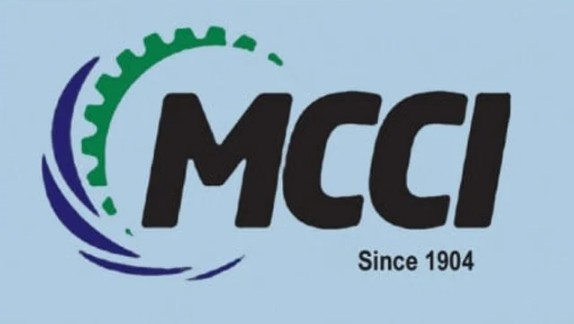The overall growth was driven by mixed sectoral performances. While manufacturing, construction, and services all posted slower rates of expansion, the agriculture sector stood out with a faster pace of growth — marking its seventh consecutive month of expansion.


The PMI, supported by the UK government and developed with technical assistance from the Singapore Institute of Purchasing & Materials Management (SIPMM), serves as an important indicator of Bangladesh’s economic health, offering valuable insights for businesses, investors, and policymakers.
In agriculture, both new business and business activity indices saw faster growth, while input costs rose more moderately. The employment index returned to expansion, and order backlogs contracted at a slower rate.
The manufacturing sector marked its eighth straight month of growth, albeit with ongoing contractions in order backlogs, which have now declined for nine consecutive months. Most other sub-indices remained in expansion territory.
Construction activity showed its fifth month of growth, with expansion in activity but a slowdown in new business, employment, and input costs. The sector’s order backlogs contracted at a faster rate.
The services sector posted its seventh consecutive month of expansion but slowed down across most metrics. New business, employment, and input costs grew at reduced rates, and business activity slipped back into contraction. Order backlogs also showed a sharper contraction.
Looking ahead, future business sentiment showed stronger expansion in manufacturing and construction, while agriculture posted slower optimism. The services sector outlook, however, returned to expansion.
“The latest PMI readings indicate continued expansion in all key sectors, but at a slower rate,” said Dr. M Masrur Reaz, Chairman and CEO of Policy Exchange Bangladesh.

